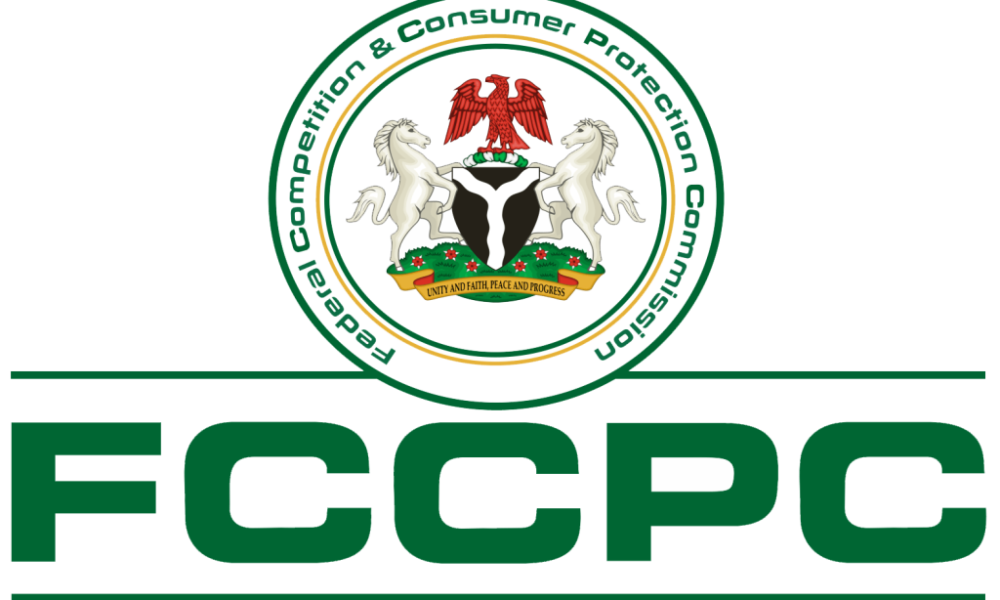This past week, Nigeria’s consumer landscape has been a vibrant arena of legal battles, policy shifts, and evolving engagement strategies, largely dominated by the assertive stance of regulatory bodies against tech behemoths and a clear governmental drive towards a more robust credit economy. From unprecedented fines levied against global social media giants to the blueprint for a digital-first financial future, the period between May 27th and May 31st, 2025, underscores a pivotal moment for consumer rights and market dynamics in Africa’s most populous nation.
At the forefront of the week’s headlines was the monumental clash between Nigerian regulators and Meta Platforms, the parent company behind Facebook, Instagram, and WhatsApp. In a landmark move, the Federal Competition and Consumer Protection Commission (FCCPC), alongside the Nigerian Data Protection Commission and the Advertising Regulatory Council of Nigeria, collectively imposed fines exceeding $290 million on Meta.
The accusations are grave: unauthorized data sharing, discriminatory practices against Nigerian users when compared to those in regions with stricter privacy laws like the EU’s GDPR, denial of data self-determination, and a blatant abuse of market dominance through coercive privacy policies and anti-competitive tying and bundling. While Meta has vehemently denied these allegations and initiated legal challenges, with WhatsApp also appealing a $220 million fine upheld by the Competition and Consumer Protection Tribunal, the FCCPC remains resolute. They have firmly stated that any threats by Meta to withdraw services from Nigeria will not absolve the company of its liabilities, further ordering Meta to comply with local laws, cease exploitative practices, and reimburse the FCCPC for investigation costs.
This aggressive regulatory action against Meta is not an isolated incident. The ongoing legal tussle between the FCCPC and MultiChoice Nigeria (operators of DStv and GOtv) over subscription fee hikes continues to simmer. The FCCPC maintains its position that its intervention is not about price regulation, but rather about addressing alleged exploitative practices and the abuse of market dominance, underscoring a broader commitment to ensuring fair business conduct across all sectors.
Beyond the courtroom dramas, the Nigerian government has signaled a clear intent to reshape the nation’s financial future by actively building a robust consumer credit economy. President Bola Ahmed Tinubu’s recent Executive Order, introducing performance-based tax incentives for the oil and gas sector, subtly aligns with a larger push to stimulate economic activity and, by extension, consumer spending power.
Key initiatives are emerging to expand access to credit for the average Nigerian. The establishment of the Consumer Credit Corporation (CrediCorp) and the National Credit Guarantee Company (NCGC), armed with an initial capital of N100 billion, are designed to facilitate loans for workers and small businesses by mitigating lender risks. This strategic move aims to unlock significant economic potential by empowering more citizens to access financial services.
However, the path to a fully functional credit economy is recognized as requiring further infrastructure. Discussions this week highlighted the critical need for a retail credit rating agency – distinct from existing credit bureaus – to enable more accurate risk profiling for lenders. Additionally, the call for a dedicated Consumer Credit Ombudsman or Financial Protection Bureau emphasizes the government’s commitment to safeguarding consumers within this evolving financial landscape. The anticipated full launch of Open Banking in August 2025 is also poised to contribute significantly to a more transparent and regulated credit market, fostering greater competition and consumer choice.
Furthermore, the growing digital financial ecosystem has brought the necessity of robust cryptocurrency regulation into sharp focus, with concerns about potential abuse in an unregulated environment prompting calls for clearer guidelines.
In parallel with regulatory and policy shifts, the private sector is rapidly adapting its approach to consumer engagement. Marketers across Nigeria are increasingly urged to embrace a data-driven approach to their consumer and sales activities. The emphasis is on leveraging insights from consumer data to craft more effective campaigns and deliver superior customer experiences, moving away from guesswork towards informed strategies.
A particularly transformative trend gaining significant traction is conversational commerce. Platforms like WhatsApp are no longer just messaging tools but are becoming vital engines for buying and selling. This revolution blends the efficiency of AI-powered chatbots with the empathetic touch of human agents, allowing customers to browse products, ask questions, complete purchases, and receive customer service all within a familiar chat interface. This focus on replicating the speed and intimacy of in-person interactions digitally is redefining how businesses connect with their customers.
On a broader scale, the UNDP Innovation Centre in Lagos announced its upcoming week-long Co-Creation Programme, starting June 2nd. This initiative aims to foster deeper engagement within Nigeria’s innovation ecosystem, bringing together startups, academics, investors, and non-profits to collaboratively shape the Centre’s value offering and drive inclusive innovation for sustainable development. Such collaborative efforts underscore a growing recognition that multi-stakeholder engagement is crucial for addressing complex challenges and fostering growth.
This week in Nigeria paints a vivid picture of a dynamic consumer landscape. Strong regulatory bodies are demonstrating their resolve to protect consumer rights and ensure fair market practices, even against the formidable influence of global tech giants. Simultaneously, the government is proactively laying the groundwork for a more inclusive and structured financial future through expanded credit access and improved regulation. Coupled with the private sector’s embrace of data-driven and AI-powered engagement strategies, Nigeria is clearly navigating a complex yet exciting path towards a more empowered and digitally integrated consumer experience. The coming months will undoubtedly reveal the full impact of these significant developments.
Comrade Godwin Anyebe is the converner of Consumers Assembly.







